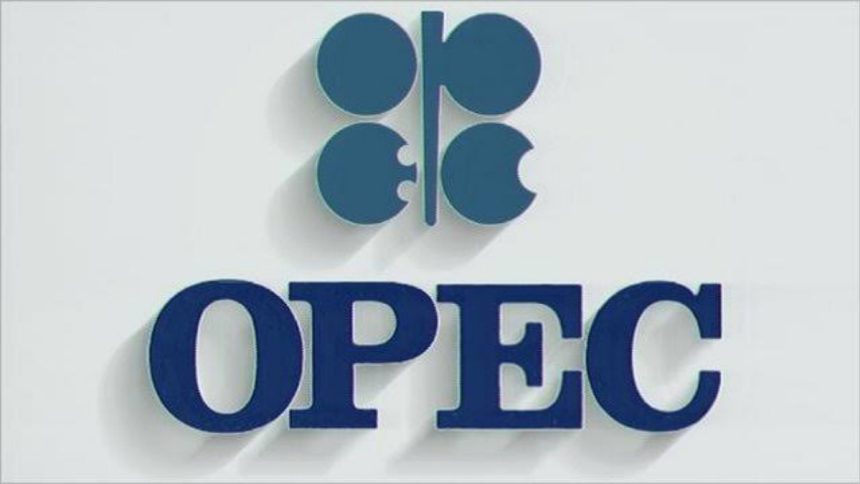The Organisation of the Petroleum Exporting Countries (OPEC) has decided to extend the oil production cuts implemented since November of last year until 2025. Nigeria will maintain its oil production quota at 1.5 million barrels per day.
Under the leadership of Russia, OPEC+—the alliance of OPEC and non-OPEC countries—has been collectively reducing oil output by 5.86 million barrels per day.
This concerted effort aims to stabilize oil prices in the international market.
Recent data on Nigeria’s oil production revealed that it reached 1.28 million barrels in April, falling significantly below both the OPEC quota and the 1.7mbpd projection outlined in the 2024 budget.
During its 37th meeting, OPEC+ established a total monthly oil production quota of 39.72 million bpd. This allocation comprises 24.13 million bpd for OPEC countries and 15.59 million bpd for non-OPEC nations.
Additionally, OPEC extended the assessment period by three independent sources until the end of November 2025. This extension will serve as guidance for reference production levels in 2026.
Several countries within the group, including Saudi Arabia, Russia, Iraq, the United Arab Emirates, Kuwait, Kazakhstan, Algeria, and Oman, voluntarily reduced their oil output by 1.65mbpd in April 2023.
Furthermore, in November 2023, member countries announced additional voluntary cuts totaling 2.2 million bpd. These measures aimed to bolster stability and balance in the oil markets.
As part of the latest decisions, these countries will continue the additional voluntary cuts of 1.65 million bpd until December 31, 2025. Moreover, the 2.2 million bpd voluntary cuts announced in November 2023 will remain in effect until the end of September 2024.
OPEC emphasized that the gradual phasing out of the 2.2 million bpd cut will occur on a monthly basis, supporting market stability. Adjustments may be paused or reversed based on market conditions.
In a spirit of transparency and collaboration, the meeting welcomed the commitments made by Iraq, Russia, and Kazakhstan to achieve full conformity. These countries will submit updated compensation schedules for overproduced volumes since January 2024 to the OPEC Secretariat by the end of June 2024, as agreed in the 52nd Meeting of the Joint Ministerial Monitoring Committee (JMMC).
Nigeria’s Minister of State for Petroleum Resources (Oil), Senator Heineken Lokpobiri, reaffirmed the country’s dedication to the Declaration of Cooperation (DoC). Nigeria’s adherence to production adjustments plays a crucial role in maintaining market balance and supporting global efforts toward sustainable oil market stability.
Senator Lokpobiri highlighted Nigeria’s active participation in discussions during the ministerial meeting. The collective decisions reached underscore the commitment to fair outcomes for all member countries.
These deliberations reinforce OPEC and non-OPEC members’ joint efforts to achieve long-term stability in the global oil market.
The minister expressed confidence that the decisions made during this meeting will significantly contribute to stabilizing the oil market, ensuring fairness and equilibrium for all stakeholders involved.





